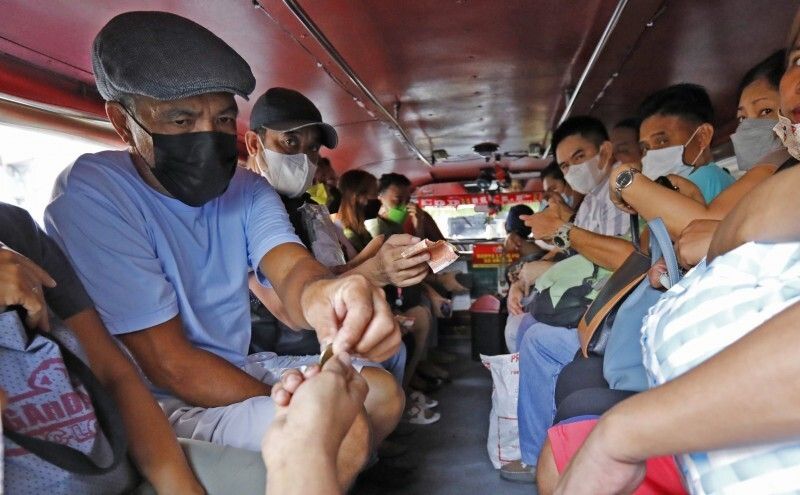Workplace stress among Filipinos highest in Southeast Asia — survey

MANILA, Philippines — A Gallup survey revealed that the stress of the daily grind is taking its toll on Filipino workers.
Half of the 1,000 Filipinos aged 15 years old and above who were surveyed by Gallup said “yes” to questions that sought to answer whether they experienced stress most of the day, the highest in Southeast Asia. The results of the poll were released on Thursday.
"The pain from work has caused leaders to invent new ways to get as far from work as possible. Movements to attain ‘work-life balance,’ implement four-day workweeks and
expand remote work are now everywhere,” said John Clifton, chief executive of Gallup.
“But it’s not just the hours, imbalance or location that leave workers unhappy. It’s what’s happening at work that makes them miserable," Clifton added.
The US-based polling company reported that Thailand, Cambodia, Myanmar, and Vietnam completed the list where daily stress ranked high. Indonesia ranked lowest as 20% of those surveyed answered yes to experiencing stress.
Filipino workers likewise ranked high in terms of dealing with anger and sadness on a daily basis. In Southeast Asia, the country ranked third, trailing behind Laos and Myanmar for anger, while sadness among Filipino workers placed second, behind Cambodia.
But this does not mean that Filipinos felt they worse off. Globally, Gallup's analysis of 112,312 business units in 96 countries reported that 21% of employees are engaged at work while only 33% of employees were thriving.
Gallup's data revealed that in terms of employee engagement, which is a reflection of "involvement and enthusiasm of employees in their work and workplace," the Philippines ranked high.
"Engaged employees are highly involved in and enthusiastic about their work and workplace. They are psychological ‘owners,’ drive performance and innovation, and move
the organization forward," Gallup said.
Sixty-three percent of respondents found the job climate favourable in the Philippines, as many believed it was a "good time" to find employment.
- Latest
- Trending





























